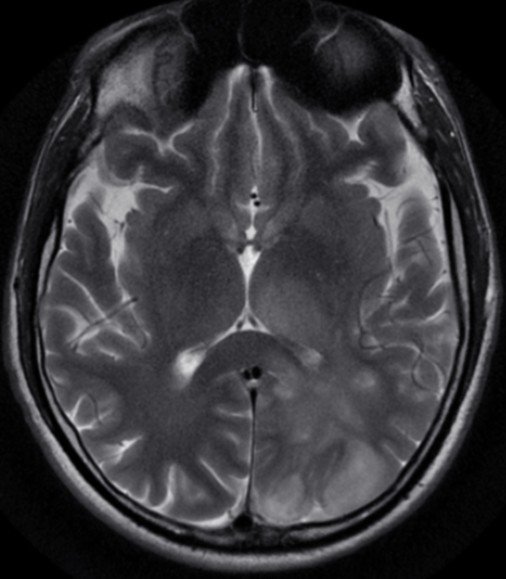Neurosyphilis
What is Neurosyphilis?
This medical condition is the infection of your spinal cord or brain. The people who are usually affected by this disease are the ones that have had chronic syphilis that has not been treated for ten to twenty years after they had their first infection but everyone who has had syphilis will not get neurosyphilis.
Neurosyphilis can be described in four forms.
- Asymptomatic – with this type, which is the most common, you do not have any symptoms
- General paresis – this is where there is a problem with mental function because of damage to your brain from having syphilis that was not treated.
- Meningovascular – this type is related to the blood vessels in the meninges or just in the blood vessels. Meninges is the system of membranes that cover your spinal cord and brain.
- Tabes dorsalis – this is the slow degeneration of your nerve fibers and nerve cells. These are the ones that carry any sensory information to your brain
Neurosyphilis Symptoms
When you have neurosyphilis you may or may not have any symptoms. Some of the symptoms that may occur include:
- Having abnormal gait and/or not able to walk.
- Blindness and/or visual disturbances.
- Being confused
- Depressed
- Dementia
- Having headaches
- Being incontinent
- Being irritable
- Having numbness in your legs, toes, or feet.
- Concentration that is poor
- Seizures and/or tremors
- Stiff neck
- Weakness in your muscles
When the physician does a diagnostic workup he may see other symptoms such as:
- Reflexes that are not normal
- Having muscle contractions and/or muscle atrophy
Causes of Neurosyphilis
The main cause of neurosyphilis is from the bacteria that cause syphilis which is called the Treponema pallidum.
Diagnosis
When you visit your physician they will take your health history information, do a physical exam, look at your symptoms, and various other tests to see if you have neurosyphilis.
Tests to screen for syphilis
- One of the oldest blood tests that is used to check for substances that are made by bacteria which can cause syphilis is called the Venereal Disease Research Laboratory test (VDRL). It measures the antibodies that your body may be producing if you have come in contact with these particular bacteria. The test can be done using either a sample of your spinal fluid or a regular blood sample.
- Rapid Plasma Regain test (RPR) – this is another screening test for syphilis in which they are looking for antibodies that are in the blood of people who have neurosyphilis. This is similar to the VDRL test.
- Enzyme Immunoassay test (EIA) – this is a newer blood test and if it is positive it should be checked with either a RPR or VDRL blood test.
Tests to diagnose syphilis
- Fluorescent Treponemal Antibody Absorption test (FTA-ABS) – this blood tests will detect if there any antibodies to the bacteria that causes syphilis
- Treponema Pallidum Particle Agglutination Assay test (TPPA) – this is the test that they use to confirm an infection of syphilis if another blood test used is positive for the bacteria. This test is only a blood test and is not done using spinal fluid.
- Darkfield Microscopy – this is a special microscope that examines a sample of tissue or fluid from a sore that is open for the bacteria that causes syphilis. This test can be used to detect it in an early stage.
- Microhemagglutination Assay test (MHA-TP) – this is another test that can be used to confirm an infection if another tests is positive.
The physician may also order tests to check with any problems with your nervous system such as:
- Cerebral Angiogram – this is where they would use x-rays and special dye to see the blood flow through your brain to see if there is any problems.
- Head CT Scan
- Lumbar Puncture which is also known as a spinal tap
- MRI
Neurosyphilis Treatment
The most common antibiotic used in treating neurosyphilis is penicillin. It can be taken in two different ways.
- The penicillin is injected into your vein for ten to fourteen days, several times each day. Your physician will make the decision as to how many times a day this must be done.
- You could take probenecid, which is usually a medicine that is used to treat gouty arthritis and gout but can be used for other conditions. It is in pill form and you will take it four times each day along with muscle injections each day. You will do both for ten to fourteen days.
If you are diagnosed with neurosyphilis you have to have blood work done every three, six, twelve, twenty-four, and thirty-six months in order to be sure that the neurosyphilis is totally gone. Every six months you have to have a lumbar puncture done. This is done so they can do a CSF fluid analysis. The follow ups can be different if you there are any other medical conditions or you have HIV.
